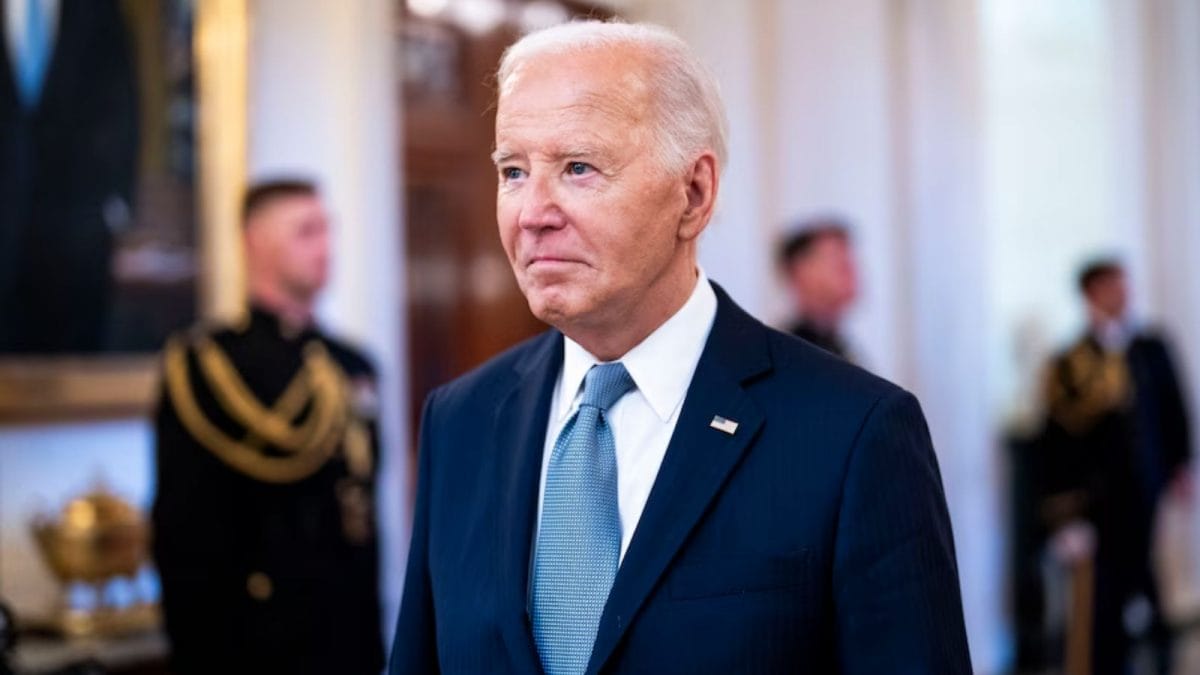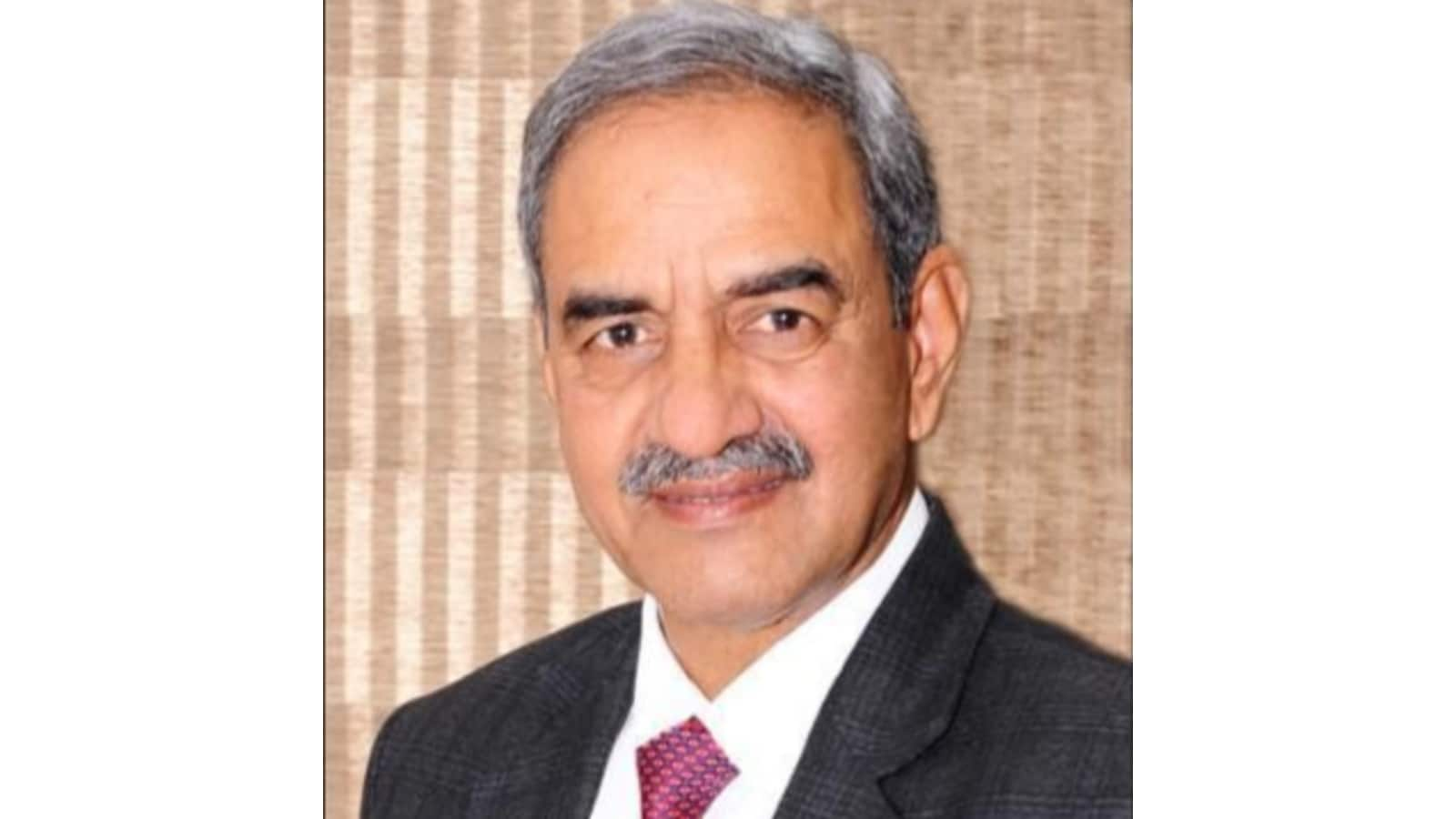Last Updated:June 02, 2025, 11:22 IST
Top intelligence sources reveal Bangladesh-based groups are now providing legitimate access to LeT and Jaish in universities, where they target Indian students for radicalisation

Lashkar-e-Taiba commander Saifullah Khalid (Pic: X)
Lashkar-e-Taiba (LeT) and Jaish-e-Mohammed have joined hands with radical groups in Bangladesh, opening a new front to radicalise Indian youth, CNN-News18 has learnt from top intelligence sources.
A recent speech by Saifullah Kasuri, aka Khalid, in Kasur, Lahore, which has gone viral and is now circulating among radical groups, referenced Bengal and the division of the region on May 28. The speech is being actively used in radical circles to fuel propaganda.
Bangladesh-based groups are now providing legitimate access to LeT and Jaish in universities, where they target Indian students for radicalisation. These India-based groups are also collaborating with Jamaat-e-Islami, creating a cross-border ideological network.
LeT’s exploitation of Bangladeshi universities is built on three key pillars: ideological alignment with local radicals, institutional decay, and cross-border impunity. Backed by ISI, LeT operates through multi-layered strategies combining ideological networks, institutional vulnerabilities, and cross-border operational logistics.
LeT coordinates with Jamaat’s student wing Islami Chhatra Shibir to infiltrate campuses. Shibir grants access to student networks, hostels, and Islamic study circles, which are then used for recruitment. Following the restoration of Jamaat-e-Islami’s legitimacy post-2024, this access has become more streamlined.
Groups such as Harkat-ul-Jihad-al-Islami Bangladesh (HuJI-B) and Jamaat-ul-Mujahideen Bangladesh (JMB), both linked to LeT, operate madrasas near universities. These madrasas indoctrinate students with Wahhabi-Salafi ideologies, framing education as jihad for Islamic revival. UK-based front organisations have also funded radical madrasas that later recruit university students.
Shibir members invite Indian students into Islamic study circles, blending religious discussions with LeT propaganda videos. Events at the University of Dhaka have glorified Kashmir terrorists killed as martyrs. LeT’s attack footage from India is shared through encrypted apps such as Telegram and Signal, with videos from incidents like the Pahalgam attacks being circulated to incite anti-India sentiments.
Radical groups offer scholarships, flood relief, and financial aid to economically vulnerable Indian students. Following the 2024 floods, Jamaat distributed aid along with radical literature. Senior student “mentors" isolate Indian youth, presenting radicalisation as identity preservation, while enforcing conservative dress codes such as beards and veils to build group loyalty.
LeT is also using Bangladesh as a transit hub. Indian students radicalised in Dhaka or Chittagong are sent to LeT camps in Pakistan via Myanmar or Nepal, often under the guise of educational tours. They portray India as oppressing Muslims, leveraging events like the Citizenship Amendment Act (CAA) and incidents of communal violence, such as the 2023 temple vandalism to validate jihadist narratives.
The post-2024 interim government in Bangladesh lifted bans on Jamaat-e-Islami and allied groups, appointing radicals to key positions, including the Hizb-ut-Tahrir founder as Home Secretary. This has enabled LeT affiliates like Ansarullah Bangla Team (ABT) to operate openly on campuses. Government concessions to Hefazat-e-Islam, such as compulsory Islamic education, allow madrasas to teach jihadist ideologies unchallenged. Universities have also adopted gender-segregated curricula, normalising extremist norms.
Bangladesh’s lax NGO oversight, coupled with hundi remittances and money laundering—both significant contributors to its GDP—allow LeT to mask funding as charitable donations. LeT receives funds via NGOs from the Middle East, Gulf, Saudi Arabia, and Kuwait, under the pretext of reviving Islamic heritage and campus charities.
Radicalised students returning to India are deployed as operatives. HuJI-B, JMB, and LeT proxies maintain around 40 sleeper cells in Assam and Nagaland, using Bangladesh-trained Indians to carry out attacks. LeT has also utilised Bangladeshi routes for India-bound operations. The 2025 Pahalgam attack involved a LeT operative who had met a Bangladeshi official prior to the operation.
Anti-minority violence in Bangladesh — where nearly 2,200 Hindu-targeted incidents were reported in 2024 — spills over into India, intensifying Hindu-Muslim tensions and aiding in jihadist recruitment.
Group Editor, Investigations & Security Affairs, Network18
Group Editor, Investigations & Security Affairs, Network18
News world LeT, Jaish Tap Bangladesh Radical Networks, Use Campuses To Target Indian Students | Exclusive

 1 day ago
1 day ago



















